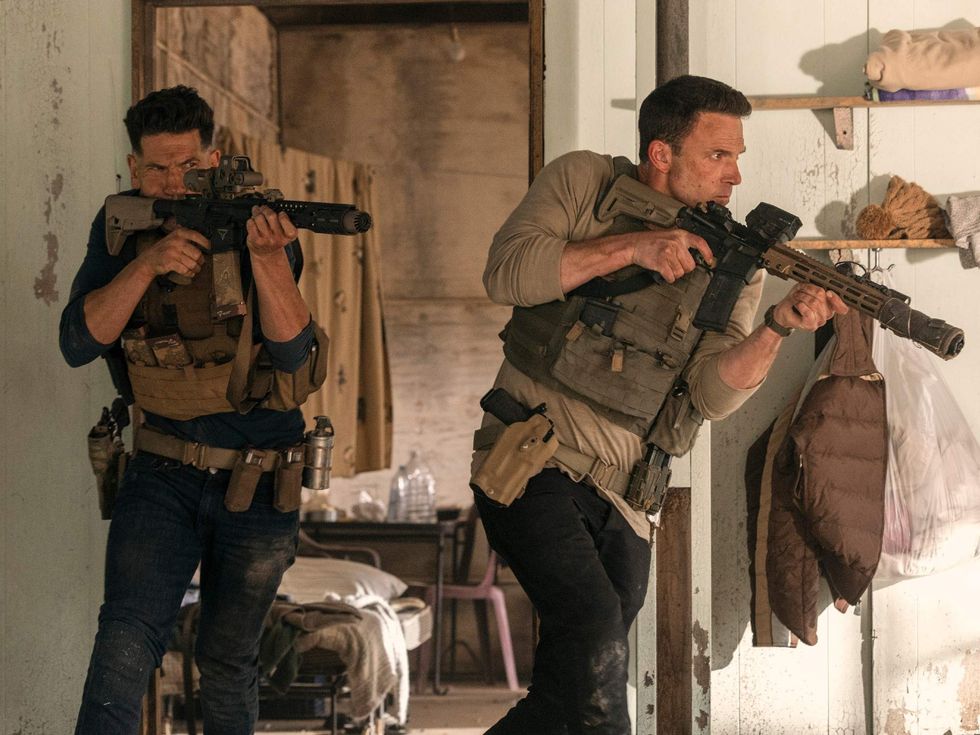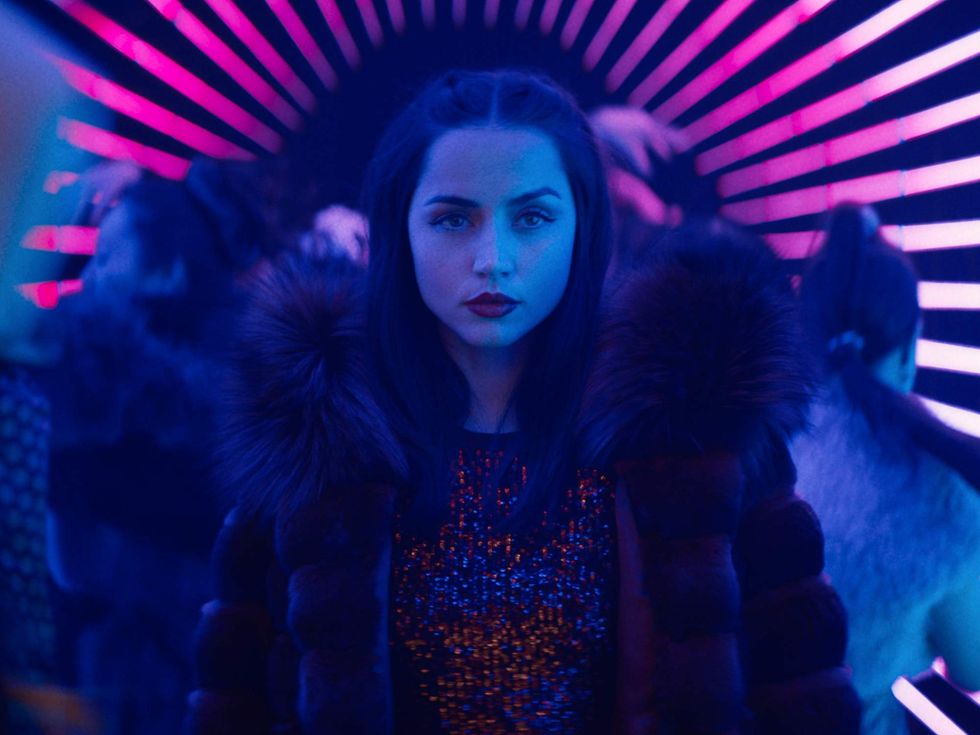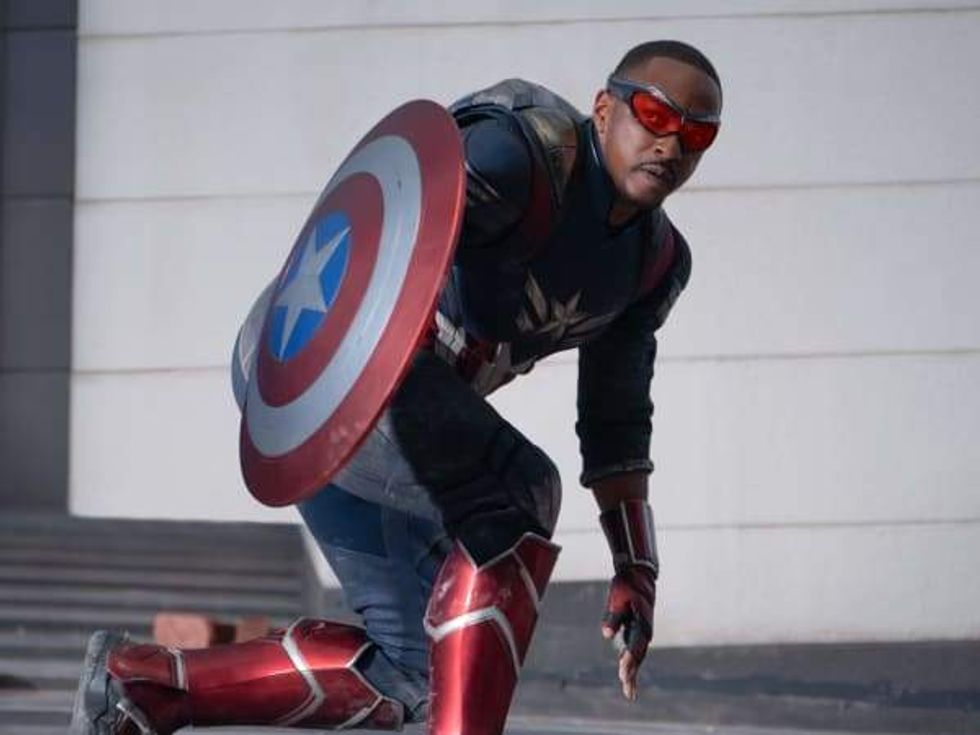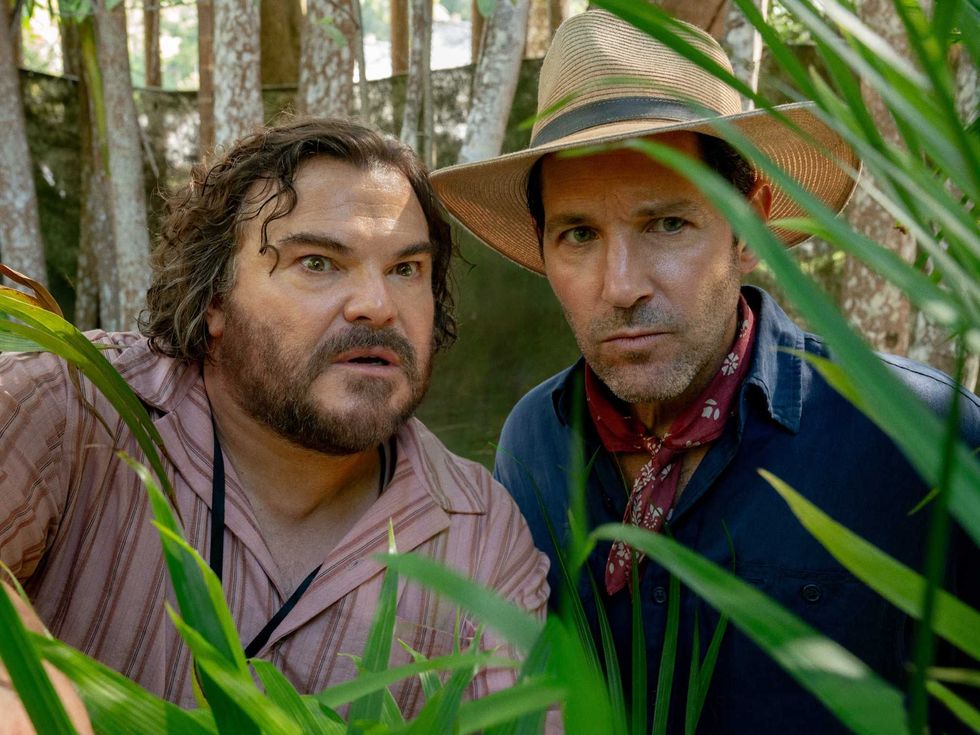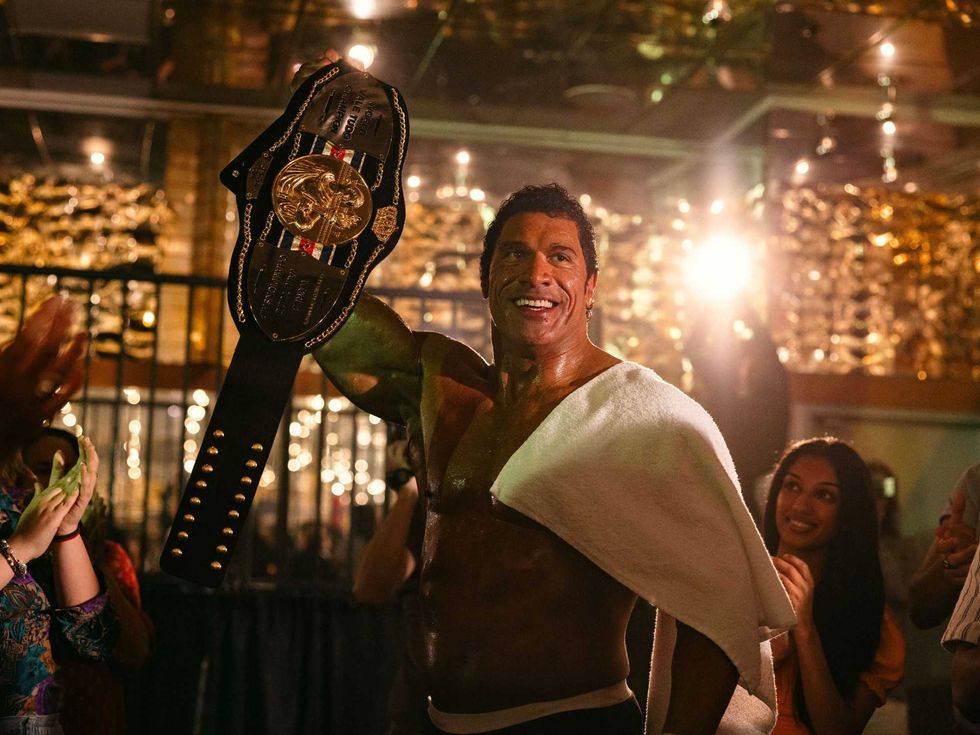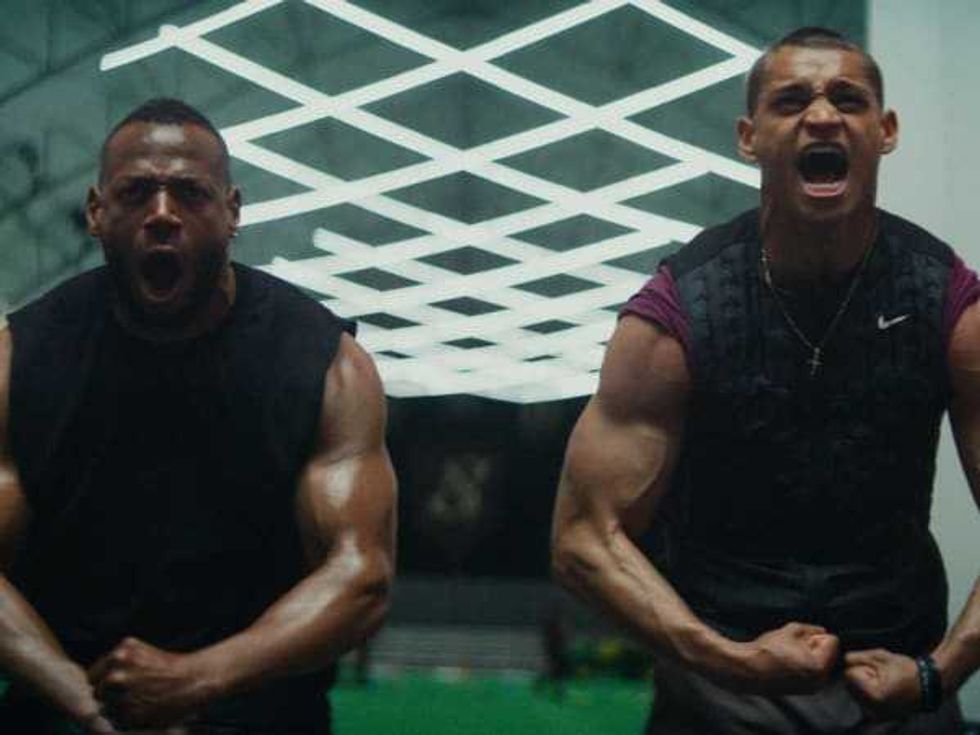Partiers Rejoice!
Shake your booty! Austin's favorite dance dive bar is headed to Houston
Imagine my excitement this weekend when Barbarella, the much loved Austin dive-y dance club, announced its expansion to Houston. Barbarella will take over Status, a dance club near Midtown, which by the looks of poor yelp reviews, is a welcome change. A September opening is planned.
To put it in Houston terminology, Barbarella’s vibe is somewhere between Rich’s and Numbers, with some aspects of Fbar thrown in for good measure. With the constant threat of Numbers closing down, hipsters may rejoice at having this new venue.
In addition to the promise of a spacious parking lot, a large outdoor patio, and multiple bars, Barbarella seems to be all about the daily specials. Thursdays are “Grits and Gravy” night (Classic Soul, Rock & Roll, & Disco), Fridays are “New Noise' Night Indie Night,” Saturdays belong to the 80's, and last but not least, DJ theGlitoris will be traveling from Austin to Houston to host either “WednezGayz” or “SunGayz.”
This will be a relief as the closing of Chances and the lack of love for newcomer Venus Nightclub leaves the Houston lesbian scene less than desirable. It’s about time SouthBeach gets a female counterpart.
Barbarella welcomes all with the intent of letting people dance the way they do “when you're at home dancing in front of the mirror, getting ready to go out.” Now who can argue with that?



